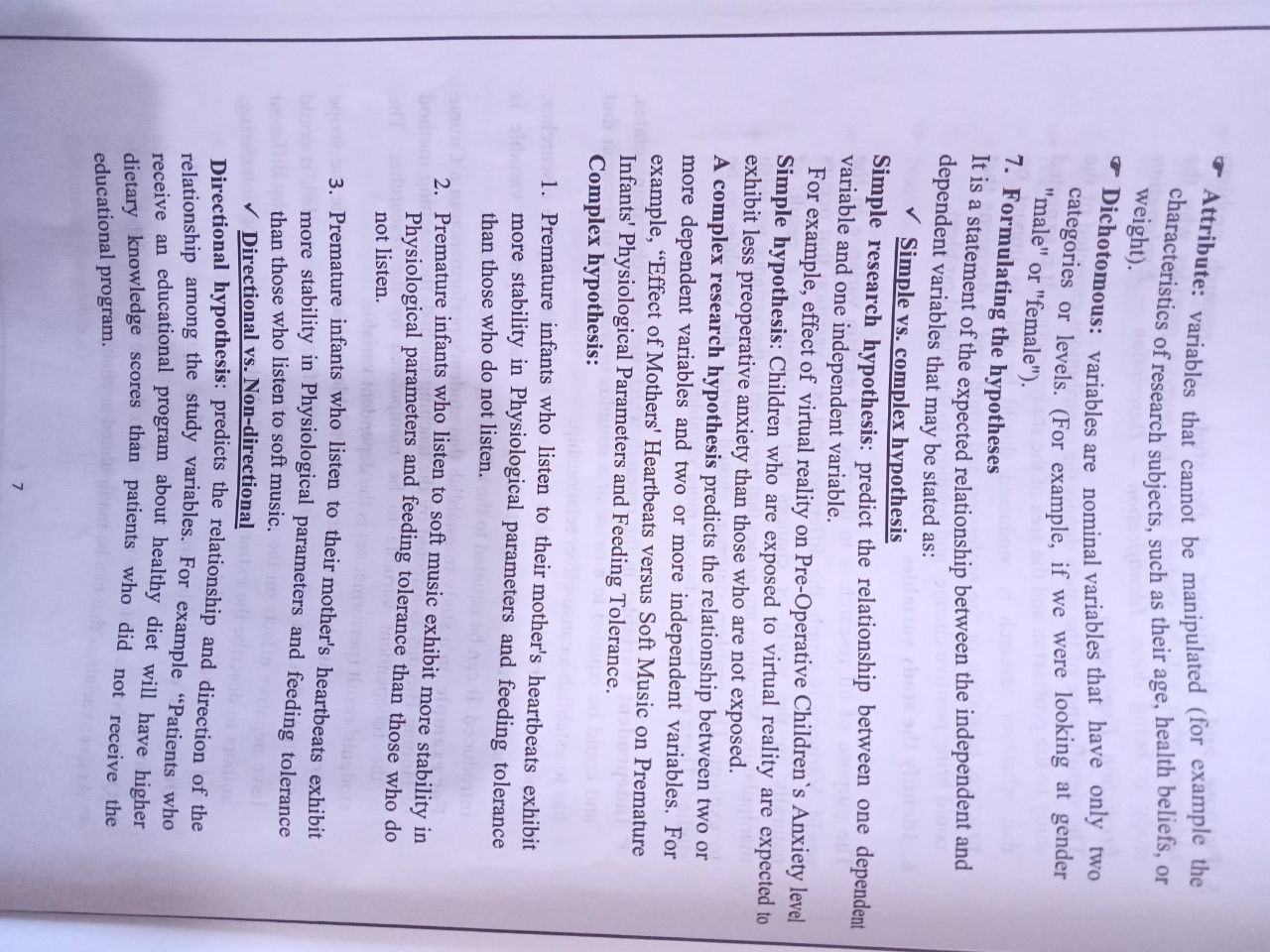What are the differences between directional, simple, and complex hypotheses?

Understand the Problem
The text discusses different types of hypotheses, specifically focusing on directional, simple, and complex hypotheses in research. It highlights the relationships predicted between independent and dependent variables.
Answer
Simple: 1 IV & 1 DV; Complex: Multiple IVs & DVs; Directional: Predicts relationship direction.
Simple hypotheses predict the relationship between one independent and one dependent variable. Complex hypotheses predict relationships between multiple independent and dependent variables. Directional hypotheses specify the expected direction of the relationship between variables.
Answer for screen readers
Simple hypotheses predict the relationship between one independent and one dependent variable. Complex hypotheses predict relationships between multiple independent and dependent variables. Directional hypotheses specify the expected direction of the relationship between variables.
More Information
Directional hypotheses, also called one-tailed, not only predict the existence of a relationship but also its specific outcome. Non-directional hypotheses predict a relationship without specifying its direction.
Tips
A common mistake is confusing directional and non-directional hypotheses. Directional hypotheses specify how variables are related, while non-directional simply state that a relationship exists.
Sources
- Types of Research Hypotheses | Excelsior OWL - owl.excelsior.edu
- Types of Hypothesis - Helpful Professor - helpfulprofessor.com
- What is Hypothesis - Characteristics, Source, Types, Examples - byjus.com
AI-generated content may contain errors. Please verify critical information